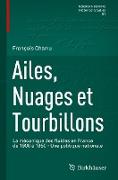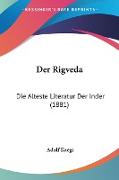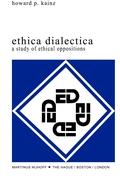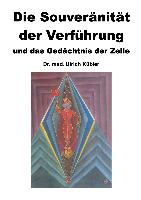Ailes, Nuages et Tourbillons
BücherAngebote / Angebote:
French aeronautics shone brightly in the first decade of the twentieth Century, but declined after the Great War. To remedy this situation, a new Ministry of Air launched in 1929 a large national program of scientific research in fluid mechanics, including the creation of four institutes and five teaching centers in the faculties of sciences in Paris and the provinces. This visionary policy, supported by considerable means, started a quite creative period and led to important achievements notably in the fields of atmospheric turbulence, thermoconvection and wake vortices. The usual picture of a period exclusively dominated by German and British contributions (and growing North-American ones), comes out significantly revised. The fruits of this policy will allow France to play a major role in the creation, after World War II, of the International Union of Theoretical and Applied Mechanics, and are still visible today in the French teaching and research organization. Based on original materials unearthed from a variety of archival sources and scientific papers, the present book recounts this history in all its intertwined scientific, industrial, political and cultural dimensions.
Peer-review recommendation:
"The text is tremendously well written, and it remains clear and accessible even in its most scientifically advanced dimensions. The author is thus able to address both connoisseurs of the field, who will enjoy reading - and discovering not only scientific but also literary elements and references - and neophytes who are never left by the wayside as the chapters progress. An exceptional and original iconography usefully completes this picture, without overloading it."
L'aéronautique française, qui a tant brillé au début du XXe siècle, décline nettement après la Grande Guerre. Afin de redresser la situation, un nouveau ministère de l'Air lance alors, en 1929, un ambitieux programme en faveur de la recherche en mécanique des fluides, incluant la création de quatre instituts et cinq centres d'enseignement dans les facultés des sciences de Paris et de province. Cette politique visionnaire, dotée de moyens considérables, initie une période très dynamique et créative, en particulier dans les domaines de la turbulence atmosphérique, de la thermoconvection et des tourbillons de sillage. L'image d'un demi-siècle exclusivement dominé par les contributions allemandes et anglaises (et ensuite américaines) s'en trouve notablement transformée. Les fruits de cette politique permettront à la France de jouer un rôle majeur dans la création, après la Seconde Guerre mondiale, de l'Union internationale de mécanique théorique et appliquée, et demeurent visibles aujourd'hui encore dans les structures d'enseignement et de recherche. Fondé sur des documents originaux issus de nombreuses archives et publications, le présent livre raconte cette histoire dans ses différentes dimensions scientifique, industrielle, politique et culturelle.
Folgt in ca. 15 Arbeitstagen




